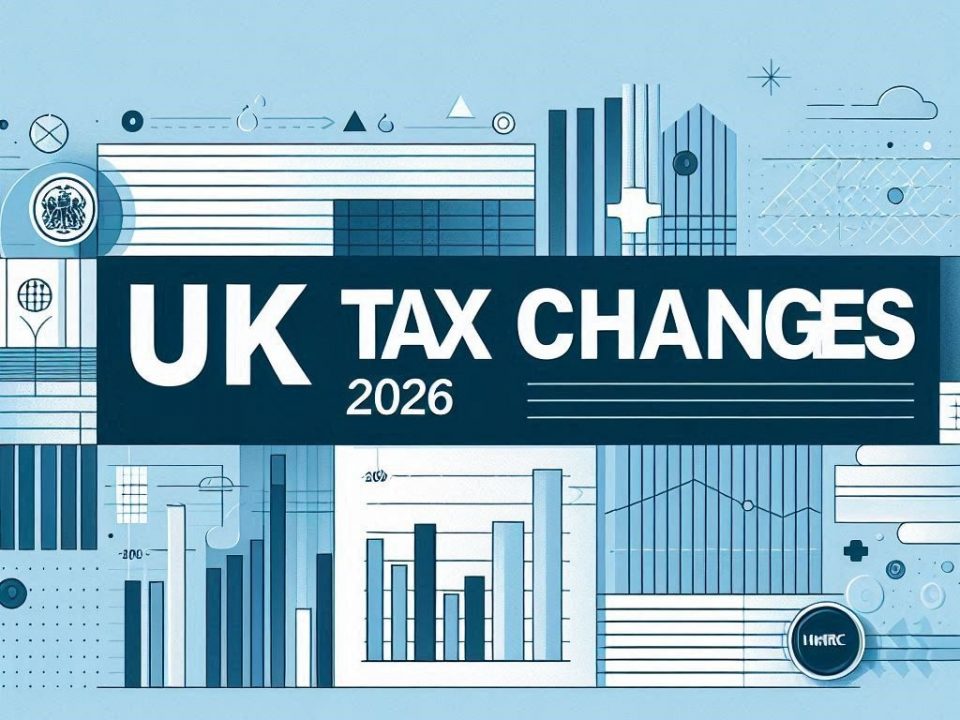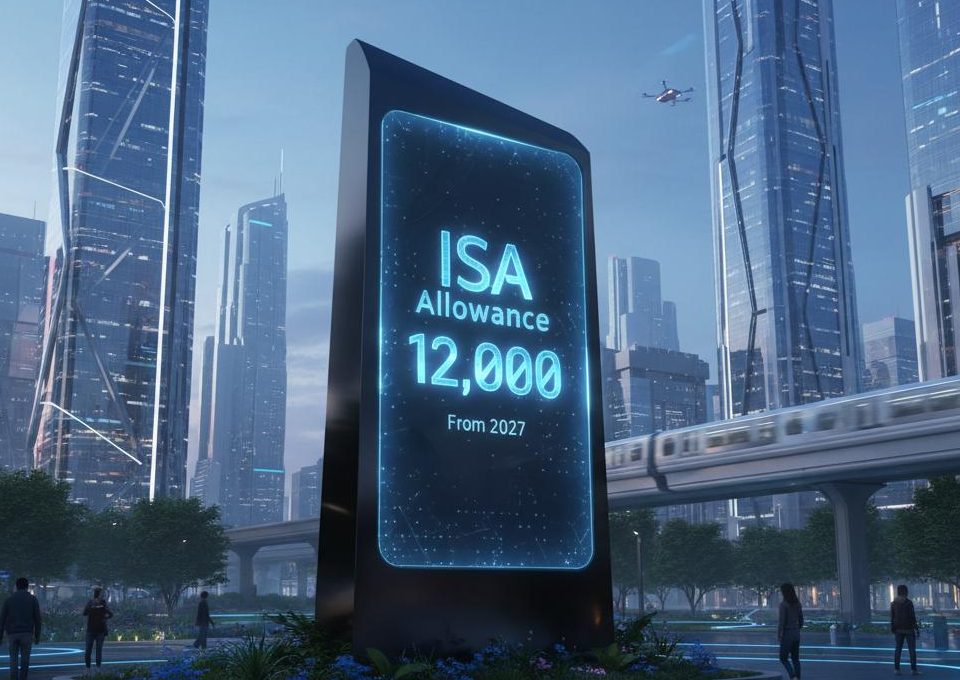Everything You Need to Know About the 24-Month Rule on Temporary Workplaces
January 22, 2025Business Asset Disposal Relief (BADR): Upcoming Changes and What You Need to Know
January 30, 2025Understanding Data Protection Requirements for Landlords
Time to read: 4 minutes
As a landlord, it’s essential to understand your obligations under data protection laws. Personal data is any information that can be used to identify a living individual. This includes details such as names, contact information, addresses, copies of contracts, tenancy agreements, and more. Processing this data comes with responsibilities, and in many cases, a data protection fee is required. Here’s what you need to know:
What Is Personal Data?
Personal data includes any information that can directly or indirectly identify someone. Common examples relevant to landlords include:
- Names and contact details of tenants and prospective tenants
- Addresses
- Copies of tenancy agreements or contracts
- Credit check results and references
If you handle this type of information in any way, you are processing personal data and may need to register and pay a data protection fee.
When Is a Data Protection Fee Required?
If you carry out any of the following activities as part of your role as a landlord, you are required to pay a data protection fee:
- Producing tenancy agreements or contracts: If you draft agreements that include personal details of tenants.
- Performing credit checks: Using credit reference agencies to assess prospective tenants.
- Obtaining references: Collecting and storing references for tenant screening purposes.
- Communicating electronically: This includes emailing tenants or prospective tenants about agreements, payments, or other tenancy-related matters.
What About Using a Letting Agent?
If you hire a letting agent to fully manage your property, the data protection requirements may be different. When:
- The agent handles all tenant interactions
- You only receive monthly rent statements and payments
You could qualify for the accounts and records exemption. This exemption is intended to cover personal data processed electronically solely for invoicing and bookkeeping purposes. However, if you still make key decisions, such as selecting tenants or communicating directly with them, you would not qualify for this exemption.
When the Fee Is Not Avoidable
Even with a letting agent, you must pay the data protection fee if you:
- Retain personal data on potential tenants
- Decide which tenant to accept
- Receive electronic copies of tenancy agreements
- Directly communicate with tenants through email or other electronic means
Why Does This Matter?
Failing to comply with data protection laws can result in significant fines and reputational damage. Paying the data protection fee is a small but important step toward ensuring your compliance and protecting your business.
How Much Is the Fee?
The data protection fee varies depending on the size and turnover of your property business. Most individual landlords fall under the lowest tier, which is £40 per year.
Final Thoughts
Understanding your responsibilities as a landlord when it comes to data protection is crucial. Whether you manage your properties yourself or use a letting agent, ensure you are aware of when the data protection fee applies. Taking the time to comply with these regulations not only keeps you within the law but also builds trust with your tenants.
For more information on data protection for landlords, visit the Information Commissioner’s Office (ICO) website.



